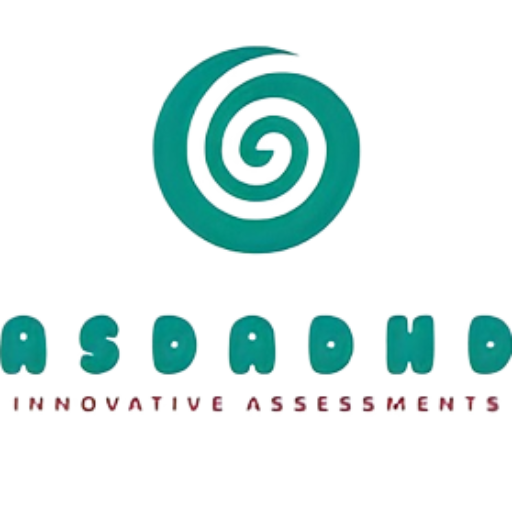3 Jul, 2023 | anishdr | No Comments
Supporting Girls with Inattentive ADHD: A Parent’s Roadmap
Introduction
Inattentive Attention-Deficit/Hyperactivity Disorder (ADHD) often flies under the radar, especially in girls. As a parent, understanding and supporting your daughter through her journey with Inattentive ADHD is crucial. This comprehensive guide serves as a roadmap to assist parents in fostering a supportive environment for their daughters.
Understanding Inattentive ADHD
Inattentive ADHD, one of the three subtypes of ADHD, is characterized by difficulties in sustaining attention, following instructions, and organizing tasks. Unlike the Hyperactive-Impulsive type, it doesn’t involve hyperactivity.
Recognizing the Signs
Subtle Symptoms in Girls
Girls with Inattentive ADHD often display less noticeable symptoms compared to boys, such as daydreaming, forgetfulness, or disorganization.
Academic Challenges
Struggles with concentration can lead to challenges in school, such as difficulty completing assignments and maintaining focus during classes.
Social Difficulties
Inattentive ADHD can affect social interactions, making it hard to keep up with conversations and build friendships.
Getting a Diagnosis
Consult a Specialist
If you suspect your daughter might have Inattentive ADHD, consulting a pediatrician or psychologist specializing in ADHD is essential.
Comprehensive Assessment
Diagnosis should involve a thorough evaluation, including interviews, questionnaires, and observations.
Creating a Supportive Environment
Open Communication
Foster an environment where your daughter feels comfortable discussing her challenges and experiences.
Structure and Routine
Creating a structured daily routine helps in managing symptoms of Inattentive ADHD.
Organizational Tools
Implementing organizational tools like planners, calendars, and checklists can help your daughter manage her tasks.
Tailoring Academic Support
Collaborate with Teachers
Work with your daughter’s teachers to develop strategies that cater to her learning style.
Implement IEP or 504 Plans
Consider an Individualized Education Program (IEP) or 504 plan to provide accommodations such as extended time on tests.
Fostering Social Skills
Encourage Social Interaction
Encourage your daughter to engage in social activities and build friendships.
Teach Social Skills
Actively teach social skills such as taking turns in conversation, reading social cues, and expressing herself appropriately.
Addressing Emotional Well-being
Self-Esteem Building
Engage your daughter in activities she excels at to build her self-esteem.
Therapy and Counseling
Consider therapy or counseling to address any emotional or psychological challenges associated with ADHD.
Medication and Treatment Options
Medication Considerations
Discuss with a healthcare provider whether medication might be appropriate for managing your daughter’s symptoms.
Behavioral Interventions
Behavioral therapy can be beneficial in teaching coping strategies for managing symptoms.
Parental Self-Care
Educate Yourself
Learn about Inattentive ADHD to better understand and support your daughter.
Seek Support
Join support groups or seek counseling to manage your own stress and emotions associated with parenting a child with ADHD.
Looking Ahead: Long-Term Support
Regular Monitoring
Keep an eye on your daughter’s progress and make necessary adjustments to her support strategies.
Preparing for Adolescence
Be prepared for new challenges that might arise as your daughter enters adolescence, and adapt your strategies accordingly.
Career and Future Planning
Help your daughter explore her interests and strengths, and support her in planning for her future career.
Conclusion: A Journey of Support
Supporting a daughter with Inattentive ADHD is a journey. By understanding her challenges and providing a structured, supportive environment, you can help her thrive academically, socially, and emotionally.

Write Reviews
Leave a Comment
No Comments & Reviews